
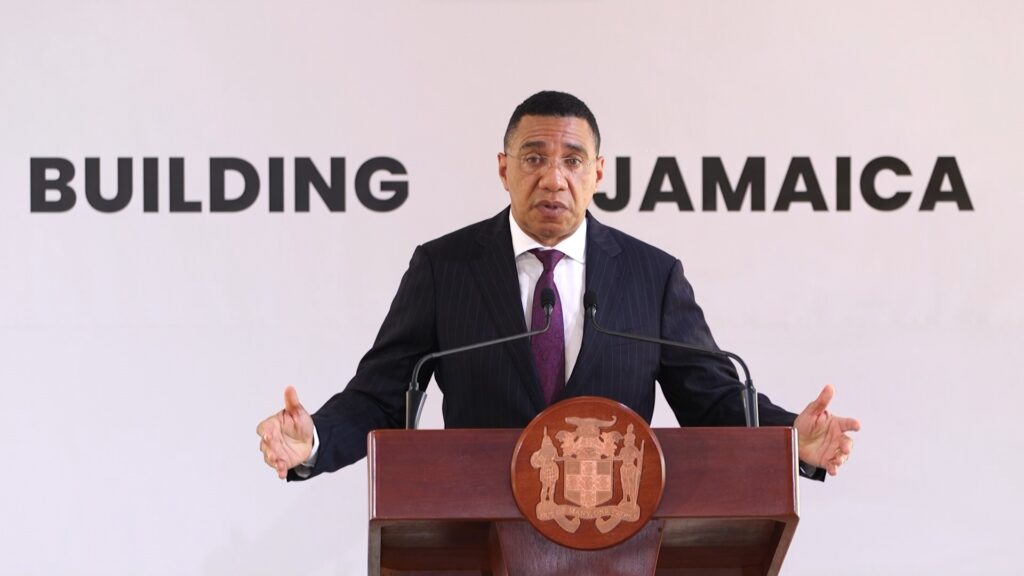
A new century and new millennium have heralded many changes for Jamaica as it continues on its journey to become a developed state where opportunities abound for its people and its progress is apparent for all to see.
Progress in most cases is incremental but many people are impatient and disregard the small steps that lead to big accomplishments.
Prime Minister Andrew Holness, Jamaica’s ninth and youngest Prime Minister to date has garnered tremendous political capital. He will be seeking a third consecutive term for his administration – the holy grail that many have failed to attain as lethargy and a paucity of ideas have failed to see administrations perpetuate victory with the electorate.
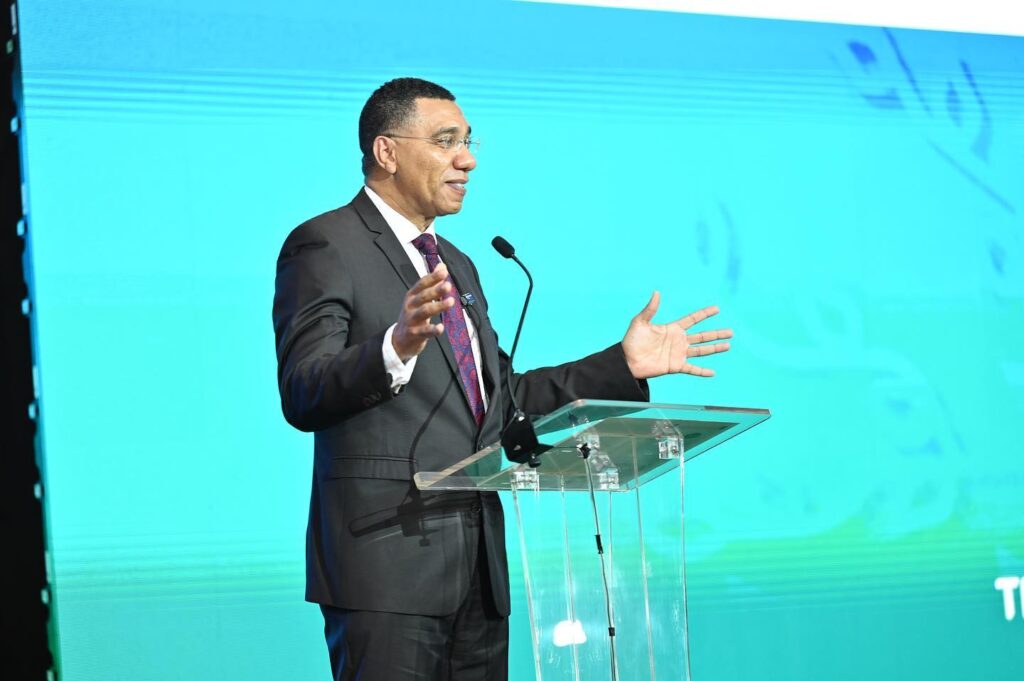
There is a fortuitousness with politics and Holness finds himself in a situation where the COVID pandemic has in effect wiped two and a half years off this government’s tenure.
Nevertheless, there are many positives it can point to namely the management of the COVID crisis, the rebound in tourism, currency and macroeconomic stability. People forget how foreboding the position could have turned out if Jamaica faltered during the time of COVID and allowed the country to fall into an abyss from which it could never climb out.
That has not proven the case- in fact, it has been quite the opposite – but people have short memories.
History should be kind to Holness and his Government and his detractors and critics should concede that the handling of the COVID pandemic had many commendable aspects.
Never before has Jamaica had to contend with a health crisis, a financial crisis, and an economic crisis all at the same time – three storms hitting the country all at once. Holness and his team did rather well-respect is due here.
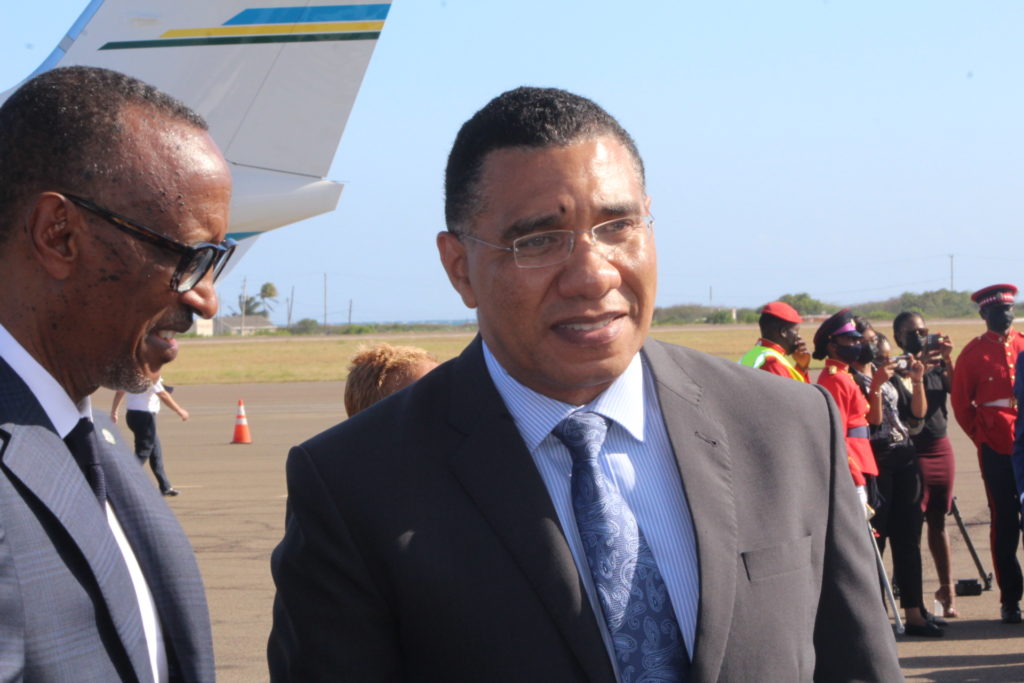
But come voting time, will people remember, or will they take it for granted? American historians have commented on how close the United States nearly came to a third World War with the Bay of Pigs incident and how President J.F. Kennedy steered his country away from the precipice.
Winston Churchill was not rewarded by the British electorate for his heroic efforts after the Second World War. Brits decided to turn to Clement Atlee. It’s a fate Holness is looking to avoid.
Are Jamaican better off than they were thirty years ago? The answer is yes.
Are today’s Millennials and Gen Zs living in Jamaica better than the one their parents made their way in? Again, the answer is yes.
However people have little time for yesterday, they are all about now and what you can do for them.
Where is Jamaica post Covid and what can Jamaicans expect going forward?

Key economic indicators look good but can they be transformed into tangible benefits?
Our Today sat down with Prime Minister Andrew Holness for an exclusive interview as Jamaica marks its Independence Day.
“The history of the Jamaican economy is that it has not consistently been able to provide employment for its people. For so long we have not had stability in our foreign exchange, interest rates and inflation which would guarantee people’s purchasing power from income. We have not been able to provide a social safety net that would support and empower the most vulnerable and treat with those who have retired from the labour market. That has been a consistent definition of the Jamaican economy.
“There are other prisms through which we would describe the Jamaican economy- low productivity, lack of innovation and over the last thirty years, a highly bureaucratic system. In the last decade we have managed to address the fiscal issues meaning the government’s budget deficit, taxes, and incentives have improved. Over the last five or six budgets, we have had no new taxes placed on the people of Jamaica. That is a major achievement and suggests the economy is stable. That is highlighted by the reduction of our debt where we are coming from 150 per cent of GDP to 78 per cent and we are projected to go down even further than we planned.
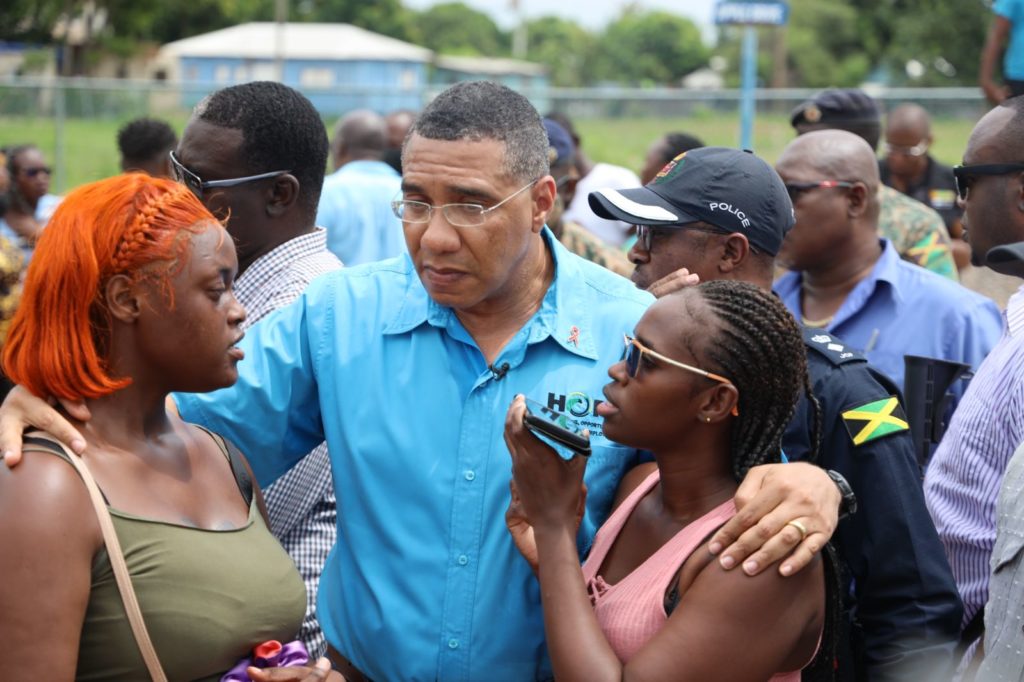
“But the biggest story is our debt servicing has been significantly reduced. At one point ever 60 cents out of every dollar went to serving our debt – now that’s down to 30 cents. That’s major. When you look at the Jamaican economy in the last ten years, the fundamentals have been transformed,” said the Prime Minister.
In September 2020, Prime Minister Andrew Holness called an early general election which saw the Jamaica Labour Party (JLP) win 57 per cent of the vote and 49 of the 63 seats. It was a landslide victory largely stemming from Holness’ political capital. The JLP’s years in the wilderness were well and truly behind them and it could coalesce around a young dynamic transformative leader who would shepherd Jamaicans into better times.
The Government had no honeymoon period and had to confront the existential crisis that was COVID. It has taken the better part of two and a half years, thereby contracting the Holness administration’s planned agenda.
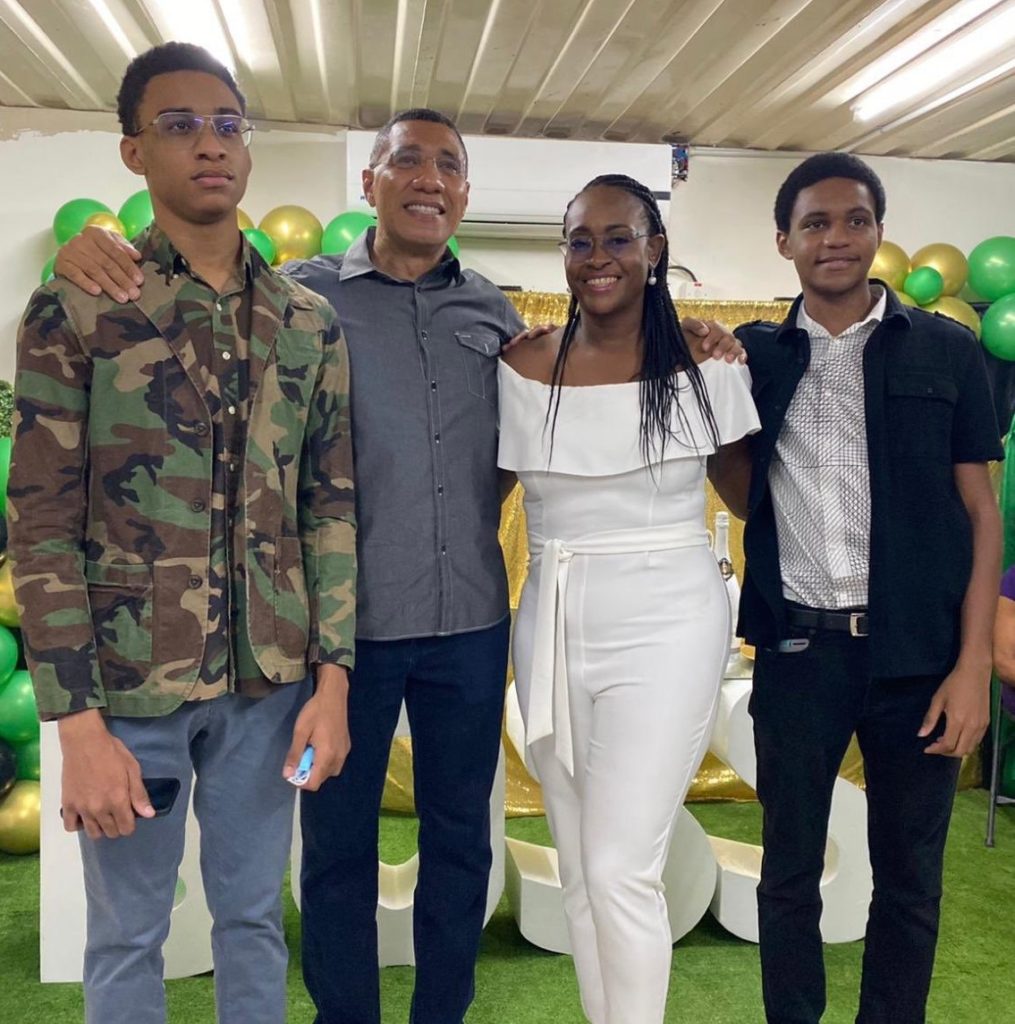
Prime Minister Holness pointed out that Jamaica is a small, open economy which means it is a price taker, in other words, it doesn’t set prices, and it doesn’t have the size and magnitude of output to influence global prices.
The Prime Minister elucidated: “ The majority of what we consume, we have to import so we are highly dependent on external markets for our survival. That means we have to be extra careful with the management of our natural and financial resources. We have to carefully manage debt and variables such as inflation, interest rates and so on.
“The truth of our situation is that we have not always been scrupulous managers of our economic affairs, particularly over the last forty years. But having said that we have also suffered exogenous shocks, particularly from the external markets (commodities). We had a fallout in bauxite prices in the 80s. We have suffered from global financial shocks, our own shocks such as FINSAC which cost us 40 per cent of GDP. We have not been able to stabilise our economy but in the last ten years, we have been able to do so.
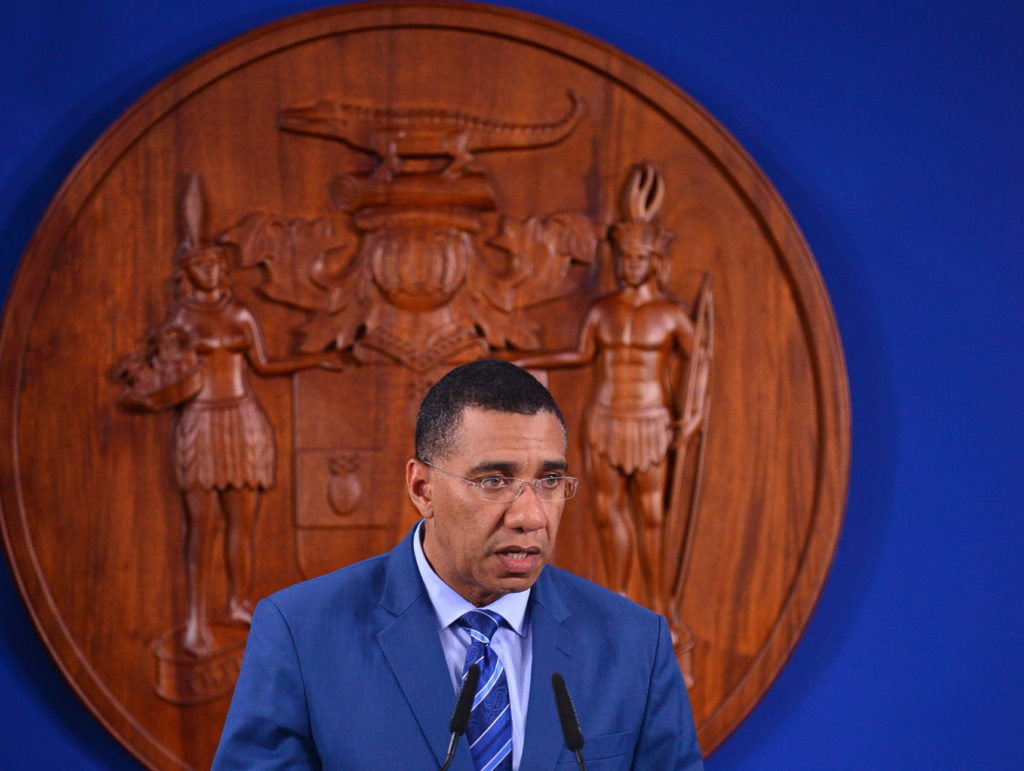
“This has been a national effort with no one party able to take complete credit. What we can take credit for though is what was started under the Bruce Golding administration, and we have continued. We completed the IMF programmes, put in place policies that stimulated growth, and fostered confidence which spurred the business sector and consumers. We are seeing people willing to invest in Jamaica and attract significant FDI. We are in a good space now with our economy. The economy is now providing jobs not seen since we become independent in 1962. We now have the lowest unemployment rate (6.5 per cent) in our history. It is still early days but what the pandemic has shown us, is that not only have we built in proper fiscal and monetary measures, but we have also put in place buffers able to withstand the fallout in tourism revenues. During the COVID virus, with tourism practically coming to a standstill we were still able to provide some kind of support and social safety net for the most vulnerable,” said Prime Minister Andrew Holness in measured and sanguine tones rather than favouring declarative proclamations.
Part II tomorrow

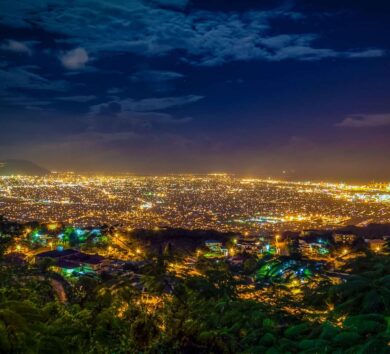
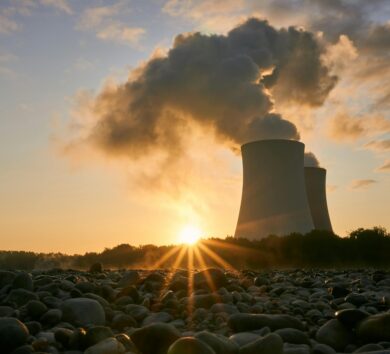
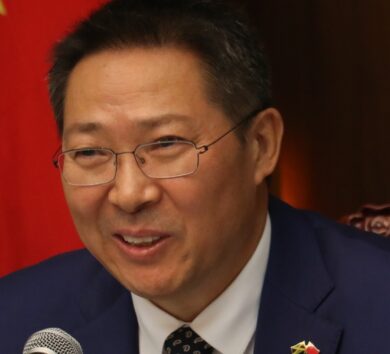
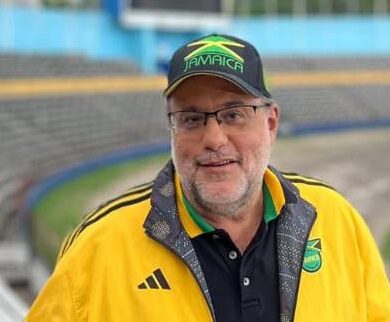
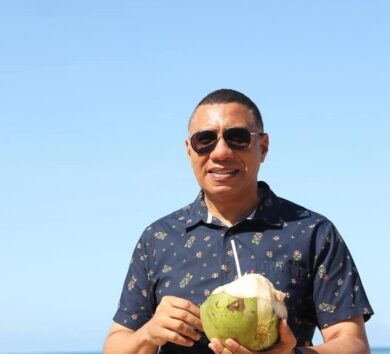

Comments